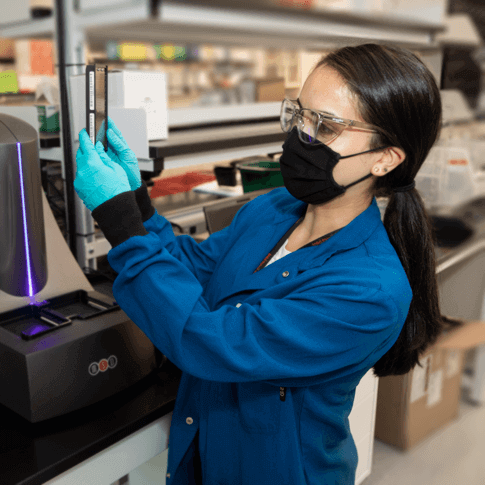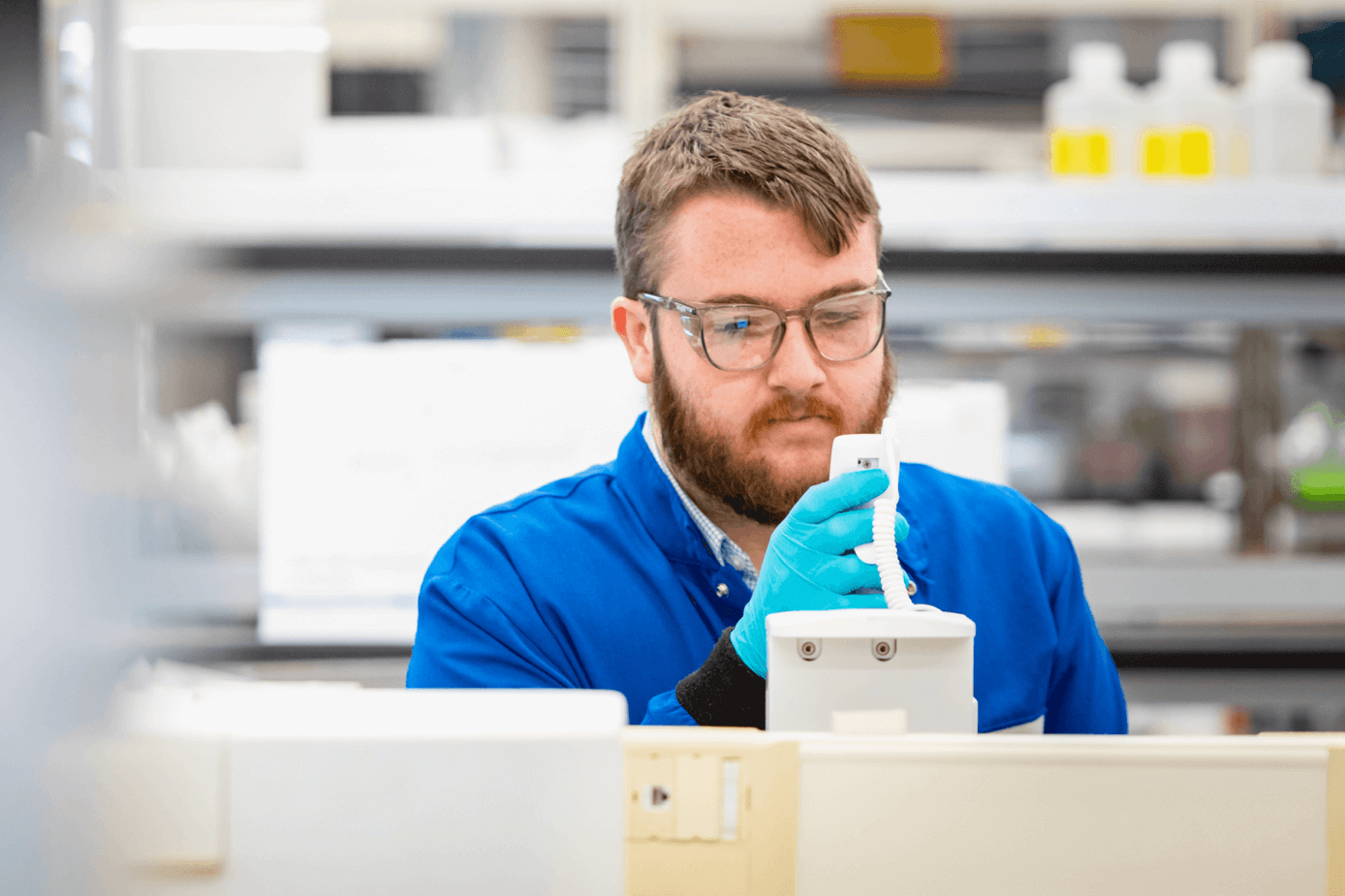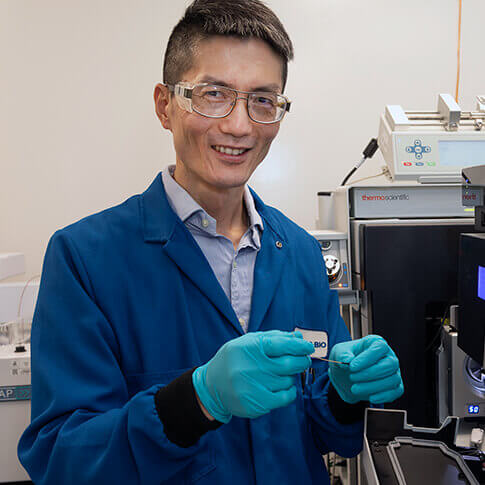


Who We Are
At Kronos Bio, we’re focused on creating a world where no life is cut short by cancer or other serious diseases. That’s why we’re developing therapeutics that target the dysregulated transcription that causes cancer and autoimmune diseases—to bring forward novel therapies for patients who need them.
Our Science
We are discovering and developing medicines that reach traditionally hard-to-reach targets.
Transcription factors have long been attractive to drug developers, who historically have pursued them in isolation with little success. Our approach is different: we pursue the transcription factors in context, within their transcriptional regulatory networks (TRNs). By analyzing the TRN in its entirety, we can identify the critical nodes that are responsible for a transcription factor’s activity. This provides us with multiple avenues to pursue, rather than limiting our focus on a single transcription factor—and in turn, allows us to advance programs with the greatest potential to inhibit oncogenic and inflammatory activity.
Our Pipeline
At Kronos Bio, we have three molecules that have emerged from our product engine. Istisociclib, a CDK9 inhibitor, was being evaluated in a Phase 1/2 clinical trial as a treatment for patients with MYC-dependent tumors such as ovarian cancer. A second development candidate, KB-9558, targets the KAT domain of p300, a critical node of the IRF4 TRN, which is a core oncogenic transcription program that drives multiple myeloma and HPV-driven tumors. A third development candidate, KB-7898, is a p300 KAT inhibitor for the potential treatment of Sjögren’s disease.
To learn more please visit our pipeline and scientific publications pages.


Our Culture
Our work is our calling, and we’re pursuing it together.
We find meaning in making purposeful connections as we seek to bring forward groundbreaking therapies for patients who need them. We are intensely dedicated and curious—and we are taking informed risks to close the gaps between what we know now and what will change the way cancer and autoimmune diseases are treated in the future.